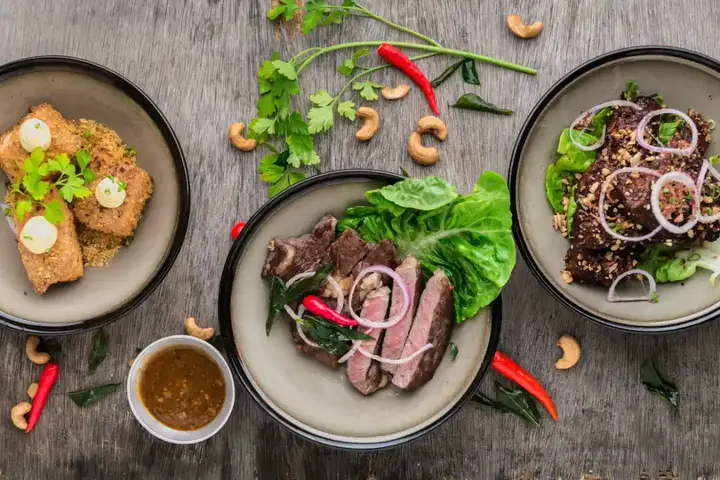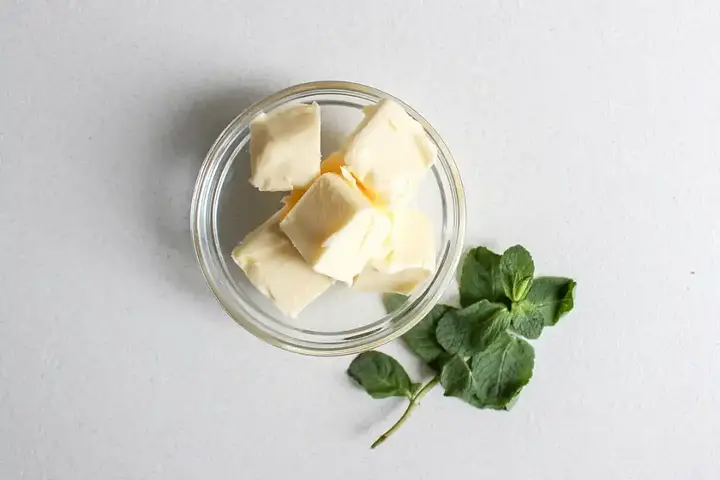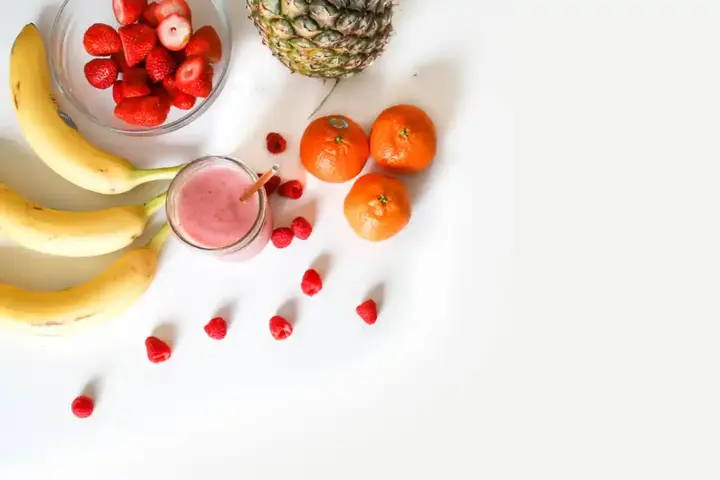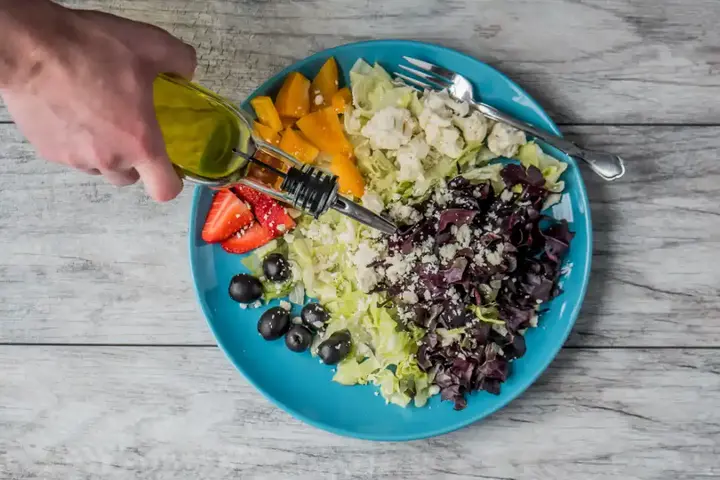Nutritionists reveal: 5 so-called "healthy" foods to avoid for optimal health

By melting low-fat cheese over egg whites, spreading ghee on "light" bread, using vegan crumbs instead of turkey or tofu in your tacos, and having plant-based energy drinks instead of coffee, you might think you're making healthy choices. But, according to registered dietitians, some of these so-called "healthy" foods may not actually be a better choice.
Show key points
- Many "healthy" food swaps like low-fat cheese or sugar-free sweets can actually strip away vital nutrients and add undesirable additives.
- Full-fat dairy, including cottage cheese, helps absorb fat-soluble vitamins and may support heart health when consumed in moderation.
- Ghee and butter have similar fat content, and butter’s minimal processing might make it a better choice for those avoiding additives.
- ADVERTISEMENT
- Sugar-free or light desserts often contain artificial sweeteners or fat substitutes that can trigger digestive issues and increase cravings.
- Fat-free salad dressings can hinder nutrient absorption and may include added sugars and thickeners to enhance taste and texture.
- Making your own dressings using healthy fats like olive or avocado oil ensures better nutrient intake without relying on processed ingredients.
- Choosing natural sweeteners like fruit over calorie-free substitutes can satisfy your sweet tooth while providing beneficial nutrients like fiber and potassium.
In some cases, important nutrients may be lost. In other cases, some of these "healthy" products may be treated more and may contain additives that, at best, do not offer any legitimate health benefits. At worst, these products may have some potential health consequences.
Low-fat cottage cheese

If it's been a few decades since you put whole cheese in your cart, it might be time to add it again. One of the main reasons not to be afraid of fat found in dairy products is that fat actually helps absorb fat The soluble nutrients found in milk, such as vitamins A and D. Dietary fats also help support blood sugar stability, which is key to staying full, focused and active. If you avoid fat in dairy products with heart health in mind, don't worry. Multiple studies have also shown that eating full-fat dairy products in moderation was not associated with increased mortality from cardiovascular disease, and in some cases may even be preventive.
Recommend
Jessica Becom, a dietitian and dietitian RDN, says, "Skip [low-fat cheese] if you want your cheese to melt. Low-fat, fat-free cheese is made by removing milk fat, resulting in a product that is often drier and more friable than full-fat cheese. And the flavor and texture will be slightly different as well. If you're looking to cut down on your total fat intake, she recommends "considering using less delicious cheese like sharp cheddar cheese instead of a low-fat or fat-free type.
Margarine

Contrary to popular belief, ghee is not always better than butter. "Although ghee contains about 70 percent less saturated fat than butter, both contain roughly the same amount of total fat. Ghee contains 11 grams of fat per tablespoon compared to butter, which does not make much difference in the context of the general diet when consumed in moderation. Also, remember that butter, unlike margarine, has a list of short ingredients, so if you're interested in eating less processed foods, butter may be a better option.
If you don't like butter, are lactose tolerant or are vegetarian, olive oil, avocado oil, and coconut oil are all good alternatives to cooking or baking. , olive oil is delicious when spread on toast, or added to vegetable or cereal dishes. Both olive oil and avocado oil are low in saturated fat and high in heart-healthy monounsaturated fatty acids.
"Light" and sugar-free sweets

While it can be tempting to access that sugar-free dessert to satisfy cravings for something sweet, keep in mind that when you remove something from a product, something else must be added to replace it. In many cases, fat is added to low-sugar products resulting in a product with higher calories than the 'original' product it was designed to replace. Sometimes sugar is replaced by low-calorie alcohols that can cause digestive distress. In addition, did you know that artificial sweeteners can also promote sugar cravings?
While [calorie-free sugar substitutes often used in sugar-free products] seem like free gifts, they're not necessarily healthy. There's no good evidence that these sugar substitutes help you manage weight or blood sugar over time. It is for this reason that the World Health Organization advises against using these sweeteners for long-term weight control and disease prevention.
Instead of relying on these sweeteners, she suggests trying making a remedy with less sugar using a natural sweet fruit. For example, frozen banana and date slices are delicious with nut butter and chocolate chips on top. Unlike sugar-free sweets, these foods provide valuable nutrients such as fiber, potassium, and magnesium. If you're monitoring your blood sugar levels, just be sure to calculate the carbohydrate content of your entire food or snack.
There is also a behavioral element to consider when eating sugar-free and low-calorie sweets. In the case of low-sugar, zero-sugar or low-calorie sweets, it's easy to fall into the trap of eating more and preparing yourself to overeat. Did you find your spoon scratching back the bottom of a pint bottle of Halo Top cream?
Fat-free packaged salad dressing

One of the best healthy exchanges you can do is to get rid of fat-free salad dressing, and use olive oil, which contains heart-healthy fatty substances and antioxidants. "Fat not only improves the flavor of everything you eat, but in this case, it can help improve the absorption of important nutrients like vitamins A, D, E, and K," says Becom. That's why low fat (especially healthy fatty substances like olive oil) is a good idea if you're looking to maximize taste and nutrition.
To make skim foods taste good, oils can be replaced with more sugar or its alternatives. When you get used to sweeter types of good-flavored foods, it can contribute to your sugar cravings and make it difficult to accept healthy foods like plain water, fruits and vegetables. In addition, to improve the texture, skim sauces may contain other additives, such as gum and starches.
It is very easy to make your own sauce. Use olive oil or avocado oil, add lemon juice or vinegar, plus your favorite spices, or some Dijon mustard. If you prefer creamy sauce, use plain yogurt as a base and add spices to flavor.








